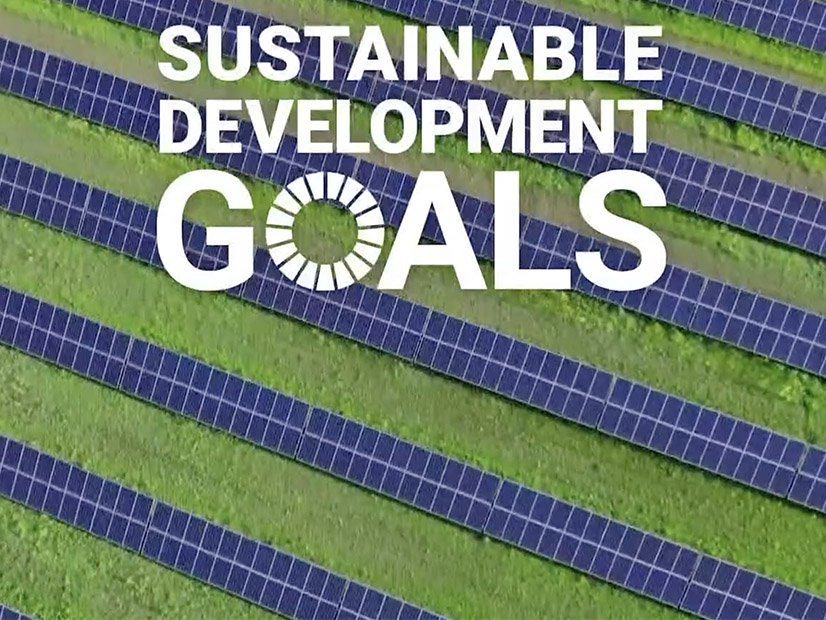
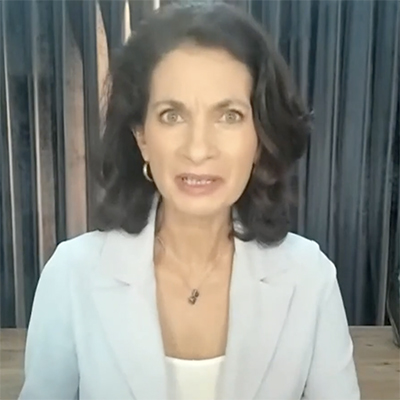
“The conference is a way of bringing together [the 17 U.N. Sustainable Development Goals] on climate action onto the same trajectory,” said BBC World News presenter Nisha Pillai, who moderated a panel on “raising collective ambition.”
“Governments alone cannot do the transformations that are needed to fulfill this and also to get us to the goals of the Paris Agreement by the end of the century,” Pillai
said.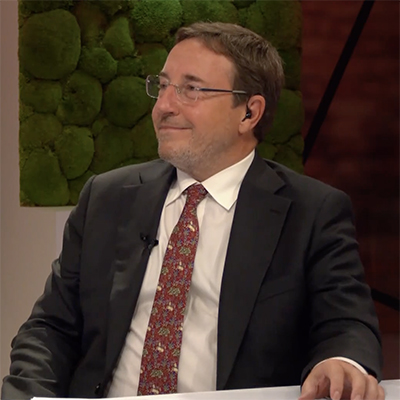
U.N. Secretary-General António Guterres on Friday convened a “high-level dialogue on energy” concurrent with the General Assembly in order to accelerate action on clean, affordable energy for all, the first gathering of leaders at the U.N. in more than 40 years devoted solely to energy issues.
Emerging economies need to feel like they’re part of the global struggle against climate change, said Damilola Ogunbiyi, special representative of the U.N. Secretary-General for Sustainable Energy for All.
“I always tell people from my own country, Nigeria, that energy is our climate action,” Ogunbiyi said. “Getting rid of 25 million generating sets is part of our climate action, as is giving 90 million people energy access. … But from tomorrow it’s all about how do we translate that ambition on the ground and how do we get a lot more people to deliver it.”
Co-investment Stimulus

To consider how much the situation has changed in recent years, look at the stimulus packages that have been mobilized in the industrialized world, said Achim Steiner, U.N. Development Program administrator.
“To start with, there is a multiple amount of funding, public finance and policy signals being put in place right now that will accelerate the transition,” Steiner said. “For example, in terms of clean energy the European Green Deal translates into a €60 billion fund that is now being given to the minister of ecological transition in Italy to green Italy’s economy.”
Investment can’t just be made in one part of the world, particularly the part of the world that can afford it, he said.
“This is not a zero-sum game, as $100 billion from the rich world is actually going to leverage trillions of dollars of investment in clean energy in the global South,” Steiner said. “This is the co-investment proposition of our time. Now if we can make that equation work, we can not only achieve SDG 7 [the goal of ensuring universal access to clean, affordable and reliable energy], we can actually surpass it.”
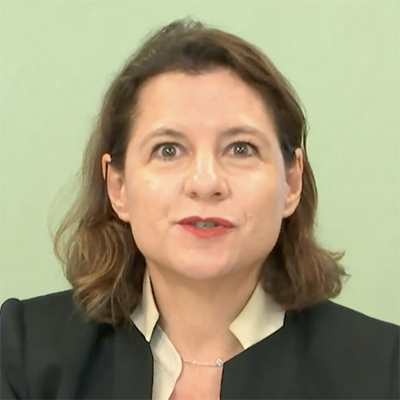
“I think very importantly we have to have shorter-term goals, which allows us to really track progress,” MacGregor said. “We are a private company and the task on us is to really be able to deliver progress, concrete projects.”
The company’s ability to collaborate with other private-sector actors as well as policymakers is important to meet the challenges facing the energy sector, she said.
“As an example of that, hydrogen is a massive potential solution for the hard-to-abate sector, but everything needs to happen in hydrogen — market design, policy, regulation — and here the private sector and government working together is so important,” MacGregor said.
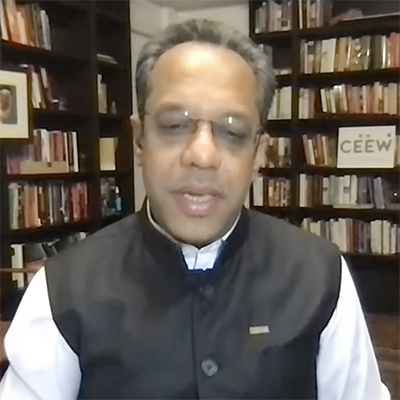
Pillai asked about “coherence” between the individual actions and the NDCs. NDCs represent pledges on climate action that seek to limit global warming to well below 2 degrees Celsius — and preferably 1.5 degrees — over pre-industrial levels.
“Ensuring that the individual actions by all stakeholders, especially the private sector, the financial community, of course, and the governments, provide the enabling environment is really the key to going from plans into implementation and reality,” Espinosa said.
Gender Equity

“The general energy compact for us, the coalition believes, must be their means to harness and channel the support that women need to grow their businesses and to make them resilient,” Ghosh said. “One way of doing this is by leveraging investments from those interested in returns — not just on economic returns but on gender impacts, on results.”
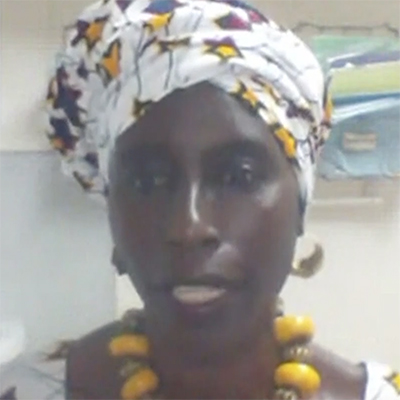
Energy poverty is largely and most severely experienced by poor women globally, said Sheila Oparaocha, international coordinator and program manager for gender equity advocacy group ENERGIA.
“We find whether you are in a developing country, but even in the most economically advanced countries, we still find that women are marginalized from decision making and leadership in the energy sector,” Oparaocha said.


